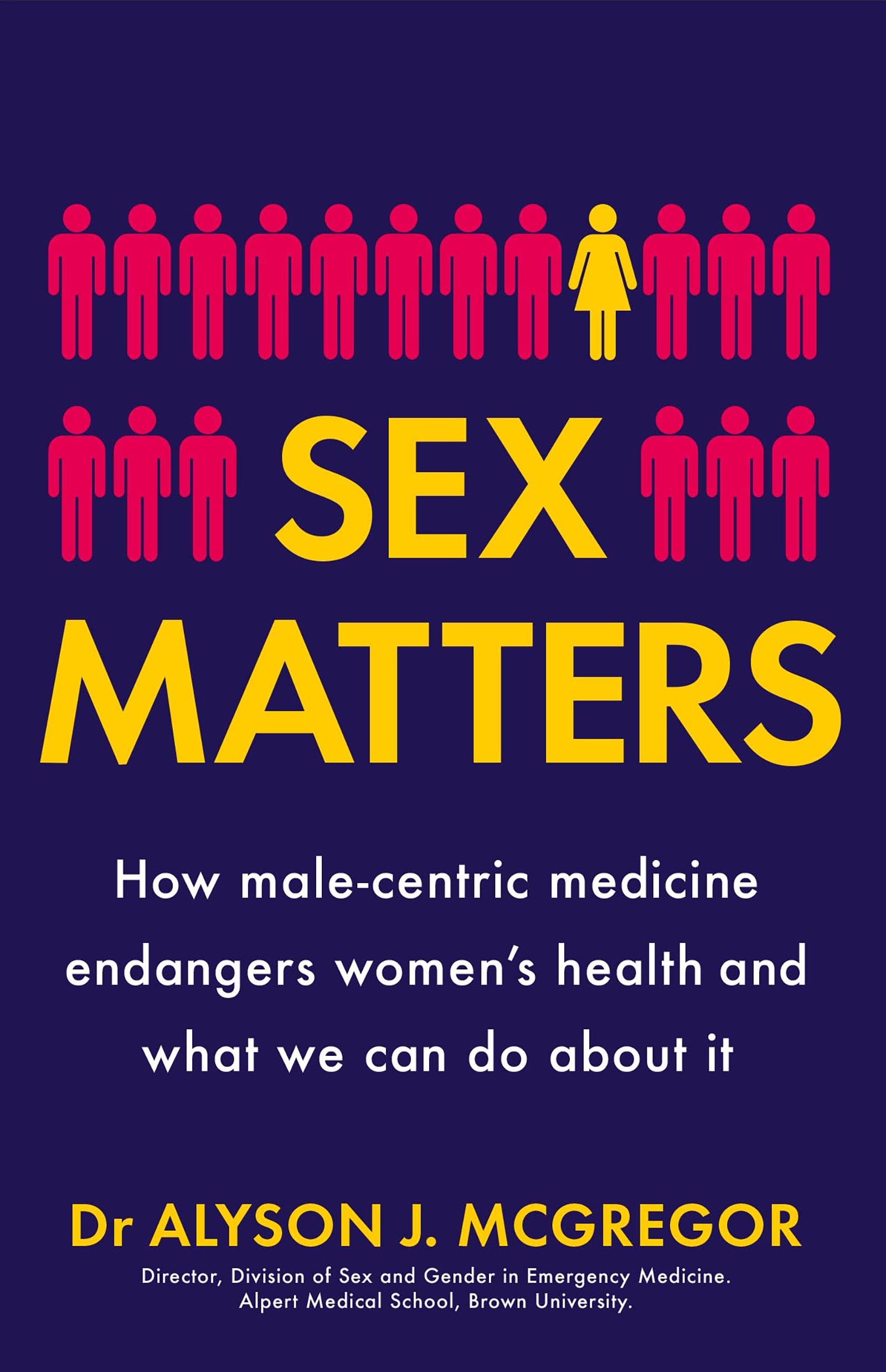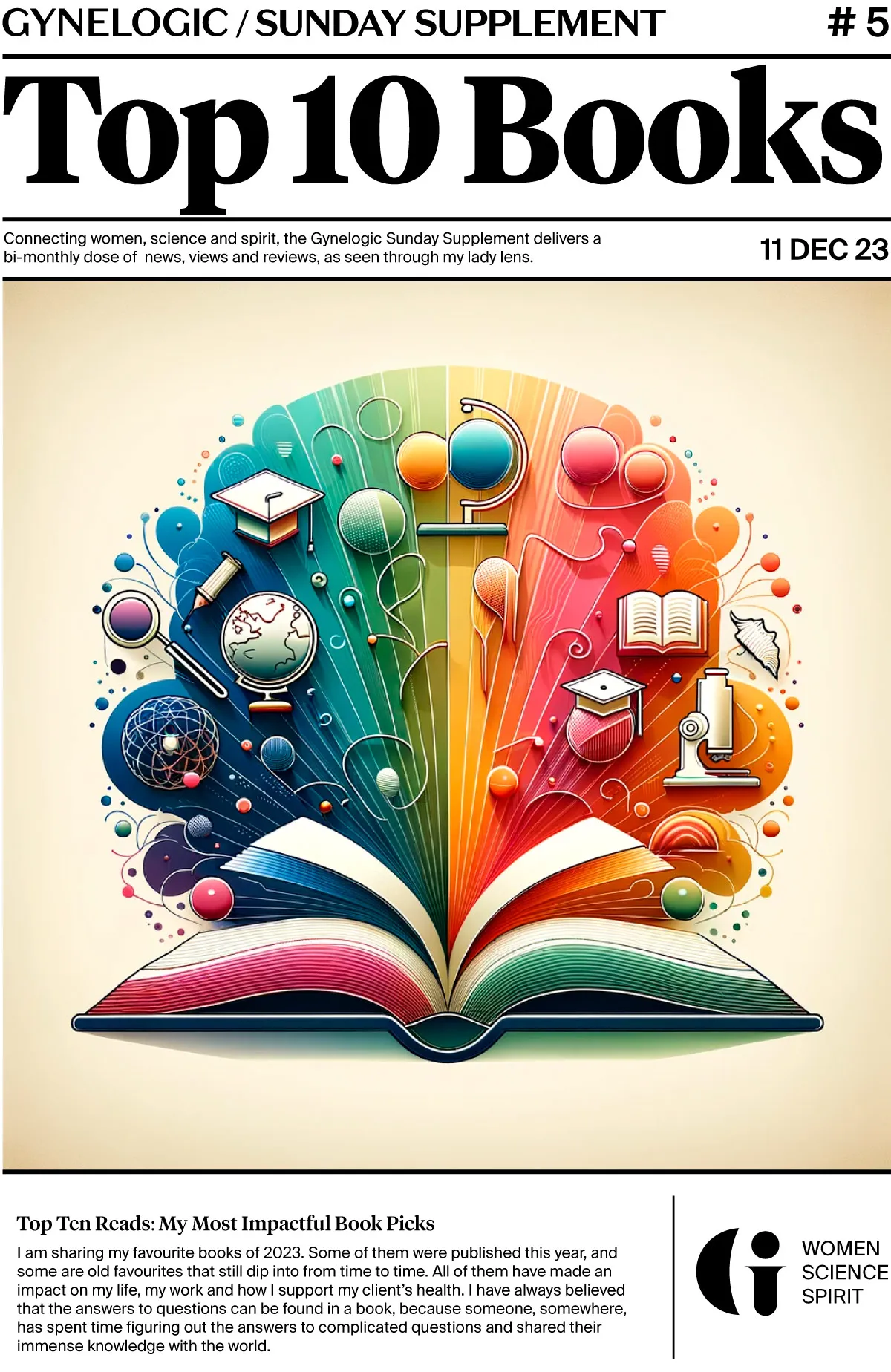A clarion call about the dangers of medicine for women, as well as a manual for how women can get the right care for their bodies.
Sex Matters tackles one of the most urgent, yet unspoken issues facing women’s health care today: all models of medical research and practice are based on male-centric models that ignore the unique biological and emotional differences between men and women – an omission that endangers women’s lives. The facts surrounding how male-centric medicine impacts women’s health every day are chilling: in the ER, women are more likely to receive a psychiatric diagnosis with regard to opioid use, while men are more likely to be referred for detoxification; the more vocal women become about their pain, the more likely their providers are to prescribe either inadequate or inappropriate pain relief medication; women often present with nontraditional symptoms of stroke, which causes delays in recognition by both them and their health professionals; and a government accountability study found that 80% of drugs that are withdrawn from the market are due to side effects that happen to women (a result of testing drugs mostly on men).
Leading expert on sex and gender medicine Dr Alyson McGregor focuses on the key areas where these differences are most potentially harmful, addressing:
· Cardiac and stroke diagnosis and treatment in women;
· Prescription and dosing of pharmaceuticals;
· Subjective evaluation of women’s symptoms;
· Pain and pain management;
· Hormones and female biochemistry (including prescribed hormones);
· How economic status, race, and gender identity are additional critical factors.
Not only does Dr McGregor explore these disparities in-depth, she shares clear, practical suggestions for what we can do. A work of riveting expose, revelatory insights into the medical establishment and actionable guidance for putting this information to use, Sex Matters is an empowering roadmap for reinventing modern medicine – and for self-care.







